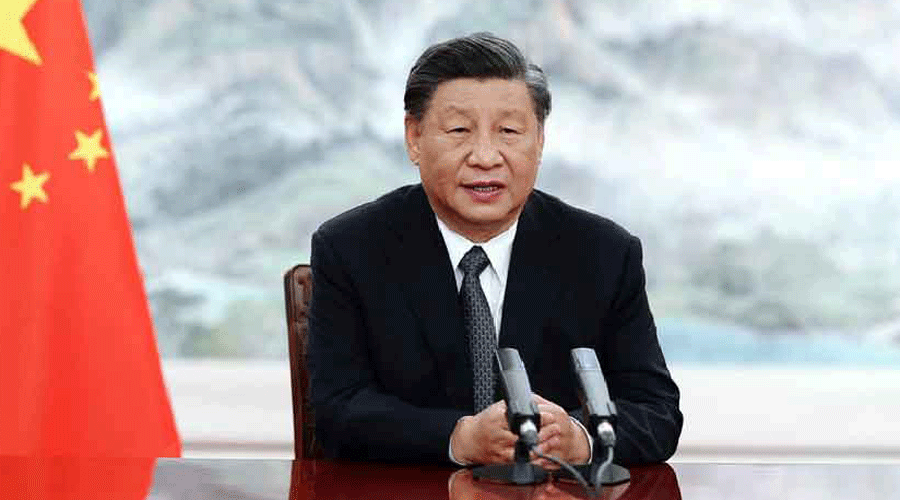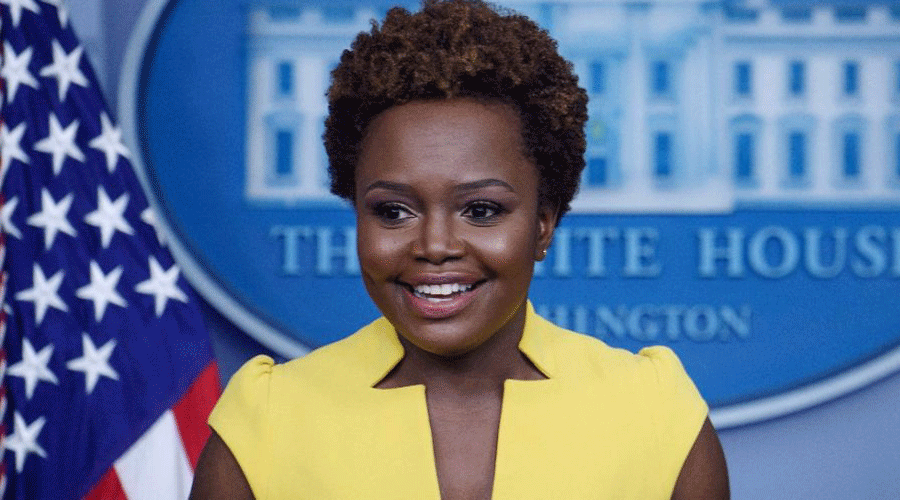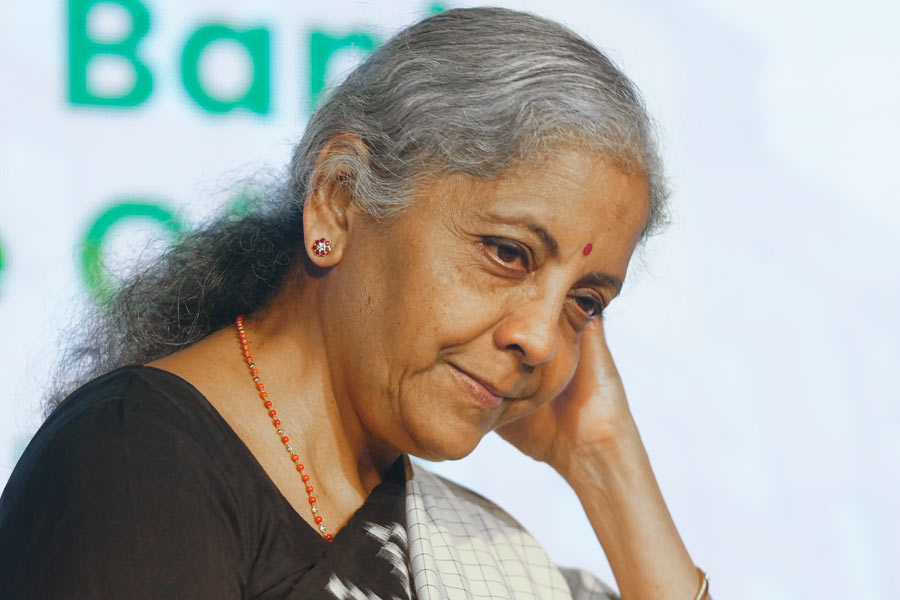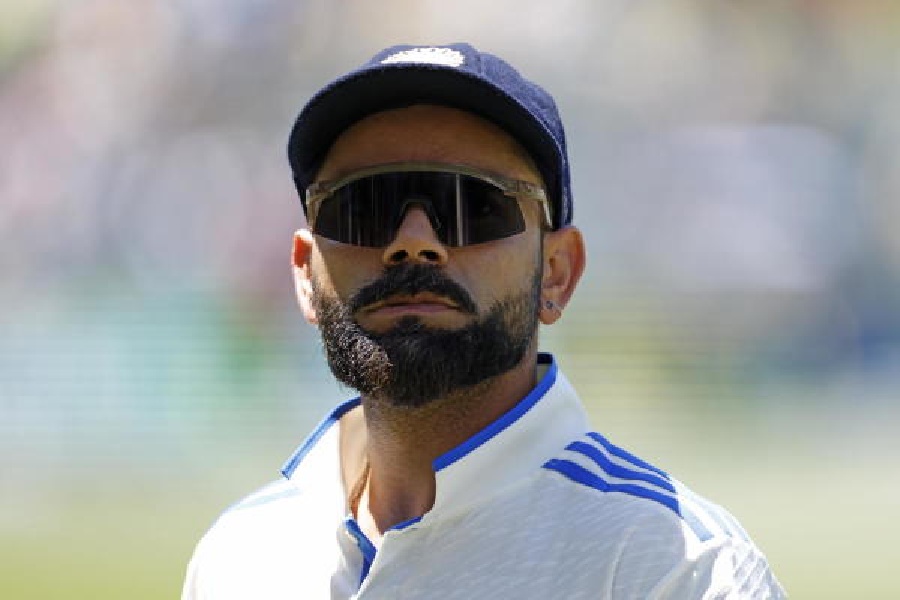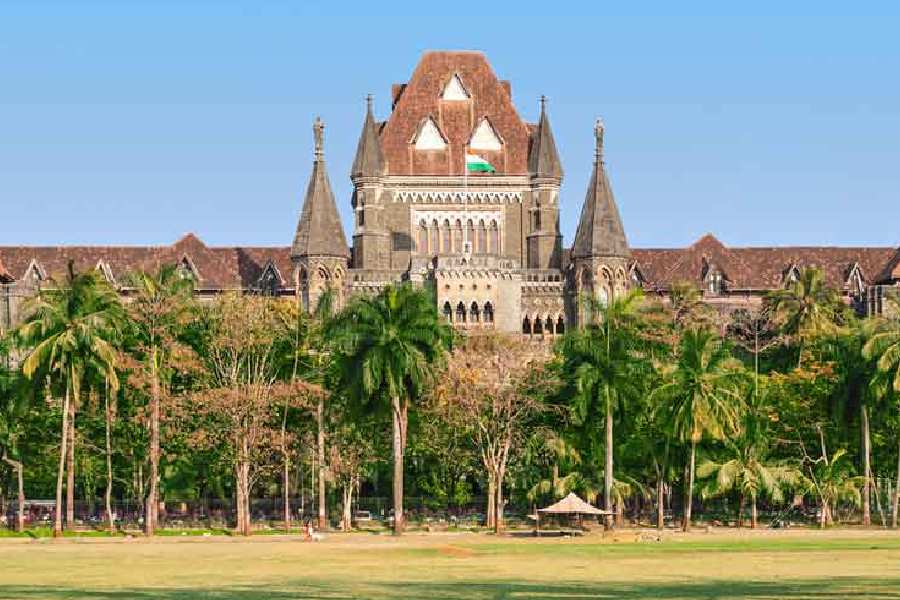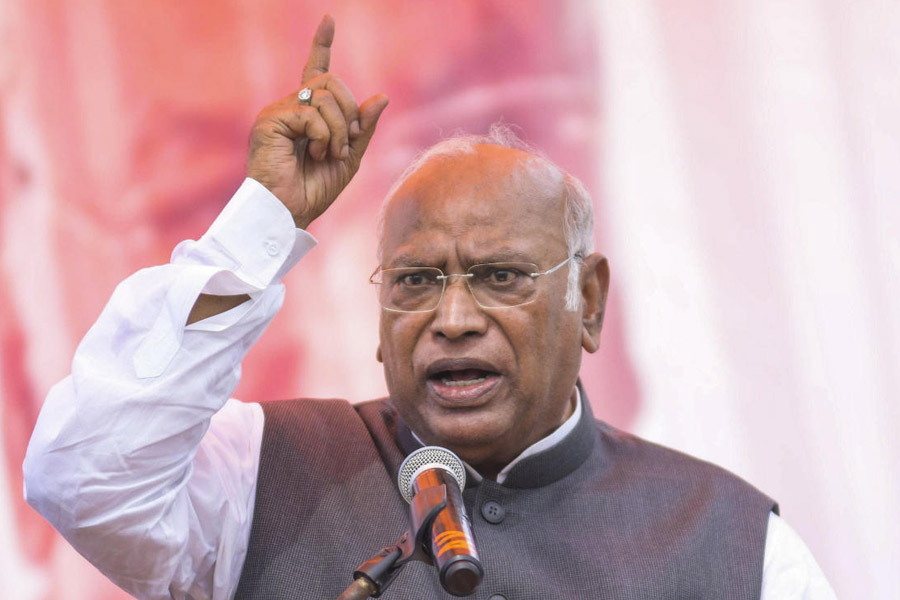Dealing with China would be a "challenge" for India during its G20 presidency and New Delhi would adopt a "cautious approach" towards Beijing, judging it by its deeds and not words, former deputy national security advisor Pankaj Saran said on Sunday.
In an interview with PTI, Saran also said India would expect that China recognises it as a rising power and deals with it on equal terms.
He said India's number one priority during its upcoming G20 presidency should be to restore the economic order that provides stability and creates an atmosphere conducive to the growth of an economy such as itself.
India should focus on bringing a semblance of sanity back into the global order, said Saran, who is a member of the National Security Advisory Board (NSAB).
Saran said another important priority for India during its presidency would be to address the issues of concern to the developing world such as energy security, food security, climate security, and to see how India's voice and perspective can be infused into the G20.
He said that unfortunately the entire G20 agenda which is essentially economic has been "weaponised" by the advanced economies.
"So because of the (Ukraine) conflict today we are confronted with weaponisation of economic and financial transactions in the world and the fault for this lies both on the advanced western economies as well as Russia, and the victims are developing countries like India," he said.
Saran asserted that another key priority for India would be the issue of reform of multilateral international organisations and institutions as they, in the current state, do not reflect contemporary realities, he said.
Saran said the formulation today's era must not be of war that was adopted at the G20 summit in Bali earlier this month was an echo of Prime Minister Narendra Modi's message to Russian President Vladimir Putin in the wake of the Ukraine conflict and reflected India's growing clout at the world stage.
"It is rare that an Indian perspective is recognised by a powerful grouping like the G20. India's role enabled the G20 to find a consensus on this issue," said Saran, who was the deputy NSA from September 1, 2018 to December 31, 2021.
Asked about how India would perform the balancing act as G20 president with China as one of the prominent members of the grouping, Saran said, "This is going to be a challenge for Indian diplomacy and it is also going to be a challenge for China as to how it chooses to deal with India because it has no option but to deal with India as the G20 president."
Not just at the summit level but there are several meetings as part of the Indian G20 presidency, he noted.
In each of the meetings, India is going to be in the chair, so China also has to take some tough decisions on how it wishes to approach and support or not support India's presidency, Saran said.
"Obviously President (Xi Jinping) is going to be invited for the Summit and China will be invited for all the other meetings. You just have to hope that China understands and recognises that India is a rising economy, it is a rising power," Saran told PTI.
"China has to accept and deal with India on terms which are equal, which give respect to India, and it translates its words into deeds on how it respects India's sovereignty, territorial integrity, adheres to the agreements on peace and tranquillity at the border and also respects India's core national interests," he said.
China has to do all that and also ensure that it restores the status quo which existed before April 2020, Saran said.
"I think the approach to China is going to be cautious, we will judge them by their deeds not by the words and this is an opportunity for China to prove that it genuinely desires to live in peace with India based on the established principles of international law," Saran said.
On the issue of India buying Russian oil and the West calling on developing countries to cut energy imports from Russia, he said India has already decided and will continue to import oil from wherever it suits its budget and from where it can find the resources to satisfy its domestic needs.
Noting that terrorism got only a fleeting reference in the Bali declaration, Saran said it is clear that terrorism as a concern seems to have fallen off the global agenda but that is not the case so far as India is concerned.
"We have the twin challenges of the Taliban-led Afghanistan and the deep state of Pakistan. Whether and how much we try to bring terrorism into the forefront of the G20 agenda has to be seen and depends on developments on the ground," he added.
Talking about the Ukraine conflict and India's role going forward as president of the G20, Saran asserted that the grouping is an economic forum, not political.
"Having said that India enjoys a unique position in the world where it has developed enough equities to talk to all sides -- whether it is Russia, Ukraine, US or Europe. So as president we can play the role of introducing some sanity and rationality into the world order," he said.
India will assume the presidency of the powerful grouping from the current chair Indonesia on December 1.
The G20 comprises Argentina, Australia, Brazil, Canada, China, France, Germany, India, Indonesia, Italy, Japan, the Republic of Korea, Mexico, Russia, Saudi Arabia, South Africa, Turkey, the UK, the US and the European Union.
PTI

